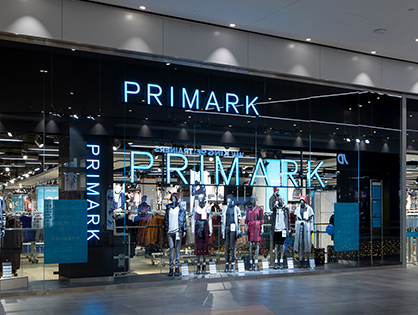Primark has established a fund to cover the wages component of orders placed with suppliers in its supply chain that have been cancelled.
Since 22 March Primark’s entire store estate has been closed as a result of measures to curb the COVID-19 pandemic, which the retailer said has led to a loss of sales worth £650 million every month.
It has asked suppliers to stop production as it said it already has some £1.6 billion of paid-for stock in stores, depots and in transit. All of this stock has been paid for under its normal 30-day payment terms.
Primark has offered suppliers extended payment terms so it can take and pay for further stock ready for shipment. It said that it would do this despite the fact that nothing can be sold while the stores remain closed.
 The retailer also said it was concerned about the impact of workers engaged in production on further orders that Primark will now not be taking, i.e. goods in production that were due for shipment in the month following cancellation of orders.
The retailer also said it was concerned about the impact of workers engaged in production on further orders that Primark will now not be taking, i.e. goods in production that were due for shipment in the month following cancellation of orders.
Primark said it would fund payment of the wages that relate to this product, taking into account adjustments for government support packages provided in each country. This action will cover orders from Bangladesh, Cambodia, India, Myanmar, Pakistan, Sri Lanka and Vietnam.
It also said that in consultation with external stakeholders the Primark Ethical Trade team would explore mechanisms to ensure that this money reaches workers.
Primark chief executive Paul Marchant said: “Every one of our stores around the world is closed. With a backlog of stock in stores, depots and in transit, we have had to make the very difficult decision to cancel orders for future stock.
“Finding a way to ensure that workers in our supply chain in these countries are paid has been a priority over the past two weeks and we are pleased that this fund will provide relief to these workers.
“Our focus now is to work with the suppliers, factories, trade unions and NGO’s in these countries to make sure wages for the orders we have cancelled are paid to the workers.”
Primark said it had been working closely with the United Nation’s International Labour Organisation (ILO) over the past two weeks in order to collaborate with governments, international financial institutions, development banks and others in a position to make available medium and longer-term financing to pay the wages and benefits of workers.







